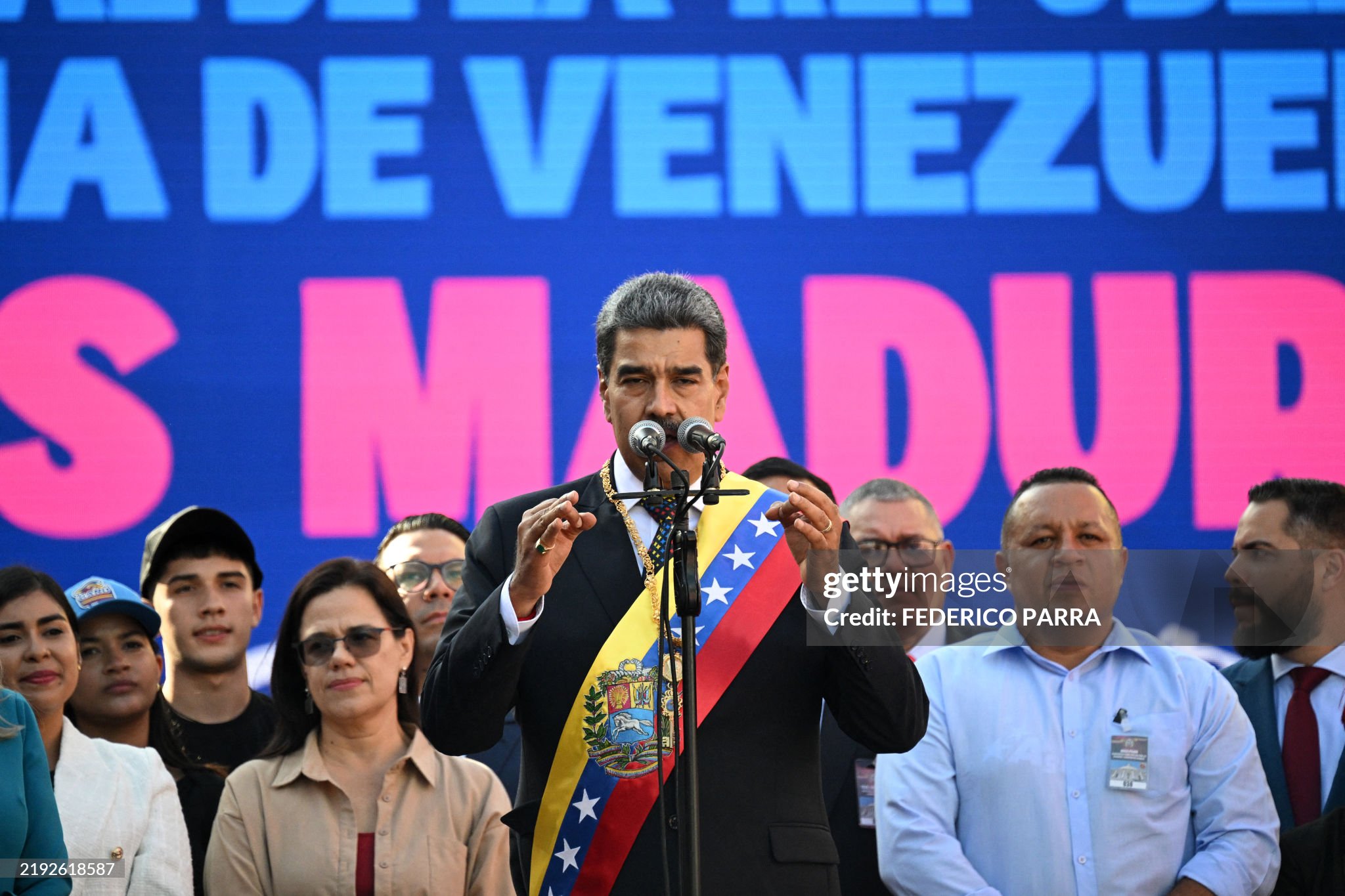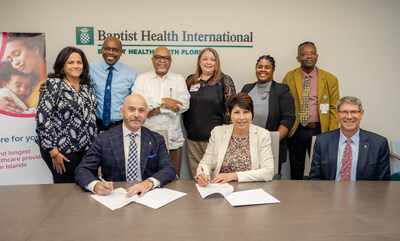This article was originally posted in the Fall 2024 issue of The Advocate on Thursday, November 21, 2024.

On September 14, 2024, gunmen shot Juan López multiple times as he left church in Tocoa, Honduras. An environmental defender, anti-corruption activist and community faith leader, López died defending the Rio Guapinol.
A member of the Municipal Committee in Defence of Common and Public Goods of Tocoa (CMDBCP), he helped organize his community against the open-pit iron oxide mining projects that threatened to devastate rivers and watersheds that tens of thousands of people depend upon. The mining concessions for those projects were granted to Inversiones Los Pinares (part of Grupo EMCO Holding), owned by some of the most powerful families in Honduras.
Following his death, I spoke with Claire White, an activist and academic. White met López during the trial of the Guapinol Twelve (bit.ly/4hXOq4P), a case in which he and eleven of his allies faced a series of trumped up charges, clearly aimed to silence their activism.
“We were there as international observers, and got to know the prisoners quite well,” White told me. “There was something about Juan’s presence that made him difficult to describe. He’d wink at me while he was sitting there while many of the other activist prisoners looked exhausted and ill; he just had this eternal smile on him every day. Surrounded by armed guards, corrupt judicial officials, and fresh from being held at Tamara, the maximum security prison, Juan looked unfazed. He wasn’t afraid of anybody.”
The twelve were acquitted. Shortly after, López came to the United States to accept the Institute for Policy Studies’ Letelier-Moffitt Human Rights Award on behalf of the Comité (CMDBCP).
“We dream of a world free of violence, free of drug trafficking, free of corruption and empire,” López proclaimed in his acceptance speech (bit.ly/4fOKu4n), “empire that imposes exploitation, poverty, misery, and war in the name of democracy and freedom […] Wake up humanity, there is no more time!”
“His loss is felt deeply,” Claire White explained in our recent conversation. “He was a man of God and a man of the people — a key connection between the church and secular organizations. He kept the group moving together, unified beyond division.”
Upon receiving news of his death, Pope Francis issued a response (bit.ly/3CwKO9A): “I have learned with sorrow that Juan Antonio López, a delegate of the Word of God, coordinator of Social Pastoral Care in the Diocese of Trujillo, and founding member of the Integral Ecology Pastoral care in Honduras, was killed […] I stand close to those whose basic rights are trampled and to those who commit themselves to the common good in response to the cry of the poor and the earth.”
There are eerie similarities between López’s assassination and that of another prominent defender, Berta Cáceres. At a time when almost 30 percent of Honduran land (bit.ly/4eH5SHD) was earmarked for mining concessions, Cáceres organized an Indigenous grassroots movement to halt the Agua Zarca Dam which would have displaced hundreds of Lenca people from their sacred lands.
In the lead-up to their deaths, Cáceres and López received the same precautionary measures (bit.ly/3CL1yK8) from the Inter-American Commission on Human Rights (IACHR). Both Juan and Berta were killed for opposing extractive industry and hydropower projects that threatened the well-being of their communities — two of the top industries linked to defenders’ assassinations worldwide (bit.ly/48SfX3v).
“Berta was just one of hundreds of human rights and environmental defenders who have been murdered in Honduras, but her case stands out as one of only a few that have been subject to investigation and prosecution” write Representatives Johnson, Schakowsky, and Senator Welch in a bicameral letter signed by 17 members of Congress this past July (bit.ly/3ADUXRo).
“It has opened a crack in the wall of impunity and provides insight into the criminal structures fueling the pervasive corruption and violence that have provoked the crisis that is forcing so many Central Americans to migrate to the United States.”
Indeed, these assassinations are part of a larger pattern. According to Global Witness, Honduras saw 18 environmental defenders assassinated last year — the highest number per capita of any country. Murders of environmental and land defenders have been on the rise, with 2,106 assassinations taking place globally between 2012 and 2023.
Though countries from Southeast Asia and Africa make the list, the lion’s share of deadliest countries for defenders are in Latin America (bit.ly/48SfX3v). The countries with the most assassinations over the past 12 years are Colombia (461), Brazil (401), Philippines (298), Mexico (203), and Honduras (149). With roughly the same population and landmass as Ohio, Honduras is an outlier.
In the days following Juan López’s assassination, LAWG and 19 other human rights organizations released a statement (bit.ly/40UVLfc) with a list of demands: that the Libre government strengthen protective measures for environmentalists and activists, that President Xiomara Castro keep her campaign promise to end open-pit mining (bit.ly/4hVTyGE), and that authorities pursue an immediate investigation into López’s murder. Reflecting the concerns of the Comité, we urged that the State investigators be vetted by the CMDBCP, López’s organization.
Three suspects have been rounded up, and a trial began on November 7th. Yet, shortly after, the Attorney General’s office suspended the hearing (bit.ly/3OdihIz). We urge those involved to resist simple conclusions and carry on investigations until they uncover who ordered López’s murder — and we urge the international community to follow the story closely as it develops.
LAWG and our partners also urge Congress to increase funding to the United Nations High Commissioner for Human Rights’ (OHCHR) work in Honduras. As a neutral international body, the OHCHR has a unique opportunity to work between government and civil society to uphold human rights and protect freedom of association, and by increasing our support for their work we can contribute to the groundwork for a safer and freer Honduras.
LAWG supports doubling down on existing human rights protection mechanisms, but the stories of Juan and Berta serve as sobering reminders of the shortcomings of our international institutions. We have to dig deeper, reinvent U.S. foreign policy through a new root causes strategy that redefines sustainable development. Going into 2025, LAWG and its coalition members are dedicated to forging alternative policy approaches.





















Discussion about this post